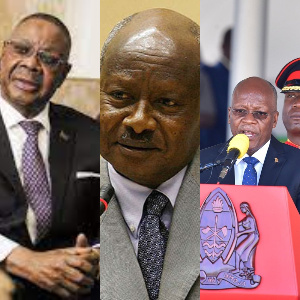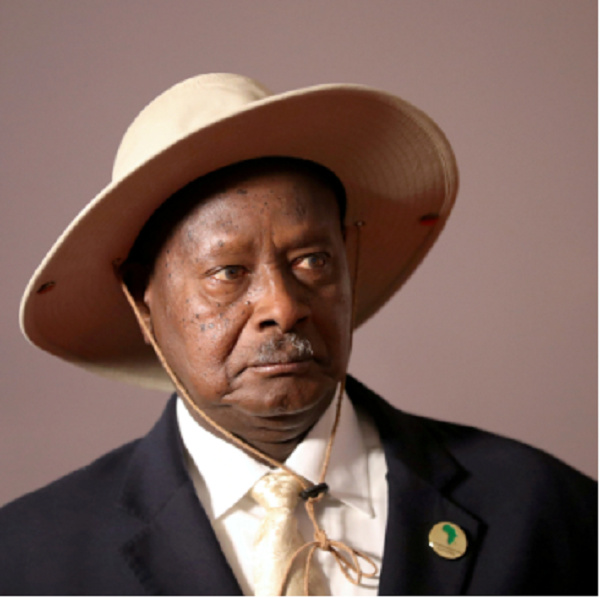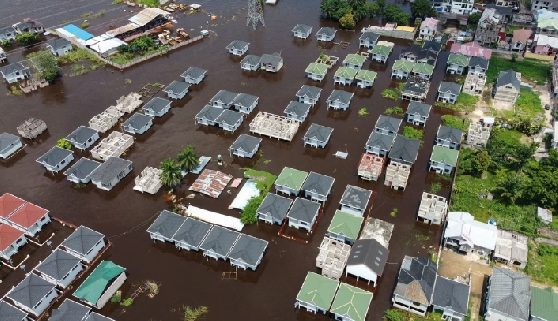African presidents that have spoken against the legalization of LGBTQ+

Several African leaders have spoken out against the legalization of LGBTQ+ rights, citing cultural and religious reasons for their opposition. In this listicle, we take a look at some African Presidents who have publicly denounced the legalization of LGBTQ+ rights.
President Yoweri Museveni
Yoweri Museveni, the President of Uganda, signed into law the Anti-Homosexuality Act in 2014. The act criminalized homosexuality and introduced severe penalties for those found guilty, including life imprisonment. Museveni has also been quoted as saying that homosexuality is not only unnatural but is also a foreign import that is not part of African culture.

President Peter Mutharika
Peter Mutharika, the President of Malawi, has spoken out against the legalization of LGBTQ+ rights, stating that he will not allow any laws that go against the country’s culture and religious beliefs. In Malawi, homosexuality is illegal and those found guilty can face up to 14 years in prison.
“These boys committed a crime against our culture, our religion and our laws. However, as the head of state I hereby pardon them and therefore ask for their immediate release with no conditions,” he said after a meeting with Ban where the U.N. leader raised the issue of the sentencing. I have done this on humanitarian grounds but this does not mean that I support this,” Mutharika made this famous speech after he pardon two gays of a 14 years jail term.

President John Magufuli
John Magufuli, the former President of Tanzania, was known for his opposition to the LGBTQ+ community. During his time in office, Magufuli banned the registration of LGBTQ+ organizations and threatened to arrest and deport foreigners who promote homosexuality. He also called for the arrest of anyone suspected of being gay, stating that homosexuality is against the country’s culture and values.
The late president was famous for saying that not even cows would engage in homosexuality or belong to the LGBTQ community.
“Those who teach such things do not like us, brothers. They brought us drugs and homosexual practices that even cows disapprove of,” he declared when he scorned foreign aid if it came from those who supported LGBT+ rights.

The fight for LGBTQ+ rights in Africa remains an uphill battle, with many leaders publicly denouncing the legalization of such rights. However, there are also glimmers of hope, with some African countries making progress towards accepting and protecting the rights of LGBTQ+ individuals. As the world continues to evolve and change, it is important that we continue to fight for equality and acceptance for all individuals, regardless of their sexual orientation or gender identity.
Source: www.ghanaweb.com





